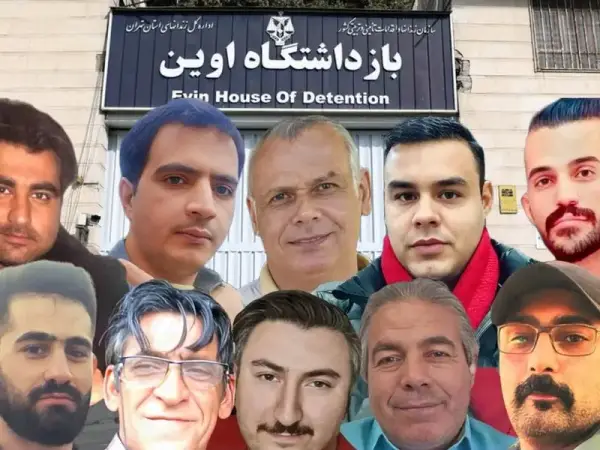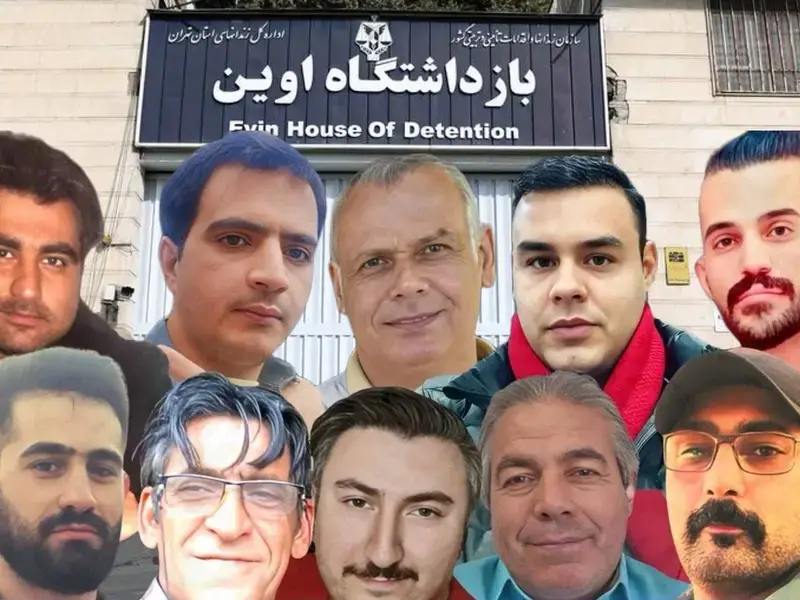A Revolutionary Court in Tehran has sentenced 11 political prisoners to a total of 95 years behind bars as well as lashes, exiles and financial and social penalties.
According to the US-based Human Rights Activists News Agency (HRANA), most of the sentences ranged from four to 16 years for different charges, including “propaganda against the system,” “blasphemy,” and “conspiracy against national security.”
All of them have also been banned from residing in the capital, Tehran, for two years, along with various other social restrictions, including a prohibition on participating in political activities.
Although they are not famous dissidents, almost half of them had previously been detained and sentenced due to their civil and political activism. The ten men and one woman were arrested in a three-month time span from August to November. The sentences were issued during a joint court session in December.
Some of the prisoners, such as Payam Bastani Parizi, were first arrested in the peak of 2022 nationwide protests against the Islamic Republic, ignited by the death of 22-year-old Mahsa Amini in police custody. Some of them, such as Ali-Asghar Hasanirad, were already in prison when the protests engulfed Iran.
Some had been pardoned through the Supreme Leader's amnesty last year. In February 2023, Ali Khamenei granted amnesty to tens of thousands of prisoners, including many who had been detained during the Women, Life, Freedom protests. However, a significant number of the released protesters were later summoned again and handed new sentences.
According to human rights organizations, at least 551 protesters, including 68 children, were killed during the uprising, the most serious challenge the clerical regime has so far faced. At least 22 individuals lost their lives under suspicious circumstances or due to suicide, and hundreds more suffered eye injuries. Over 22,000 people were arrested.

